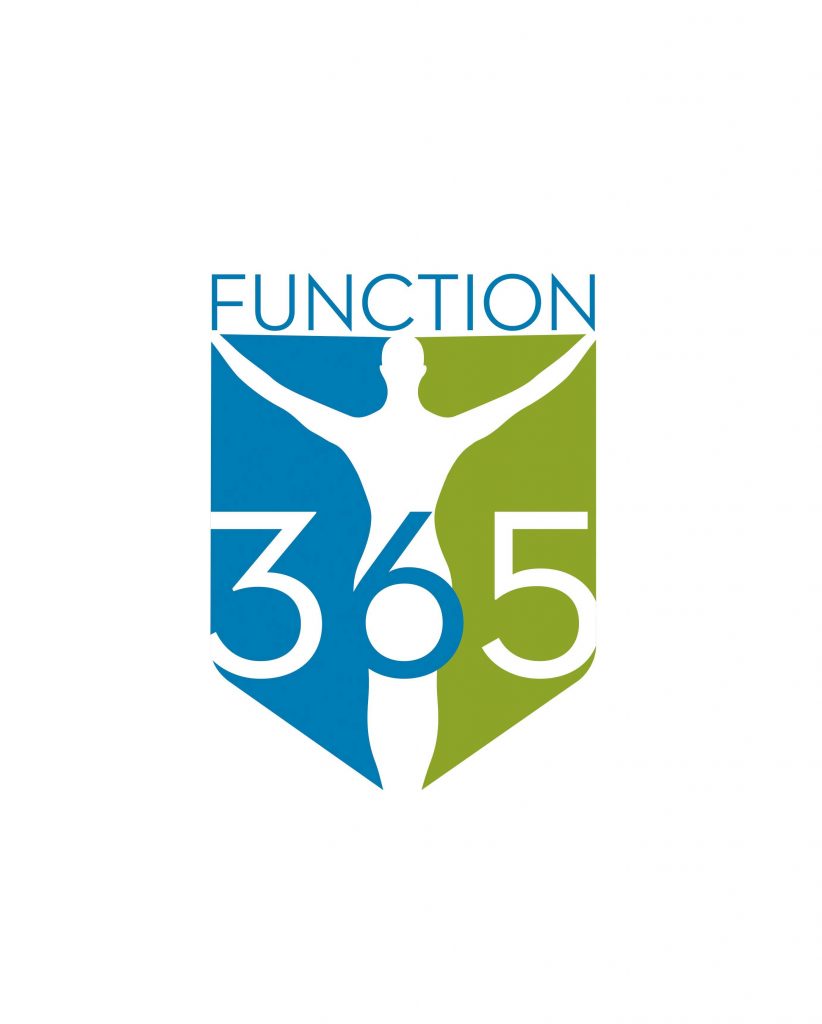
Working in the healthcare sector presents significant challenges. Practitioners bear the weight of caring for patients during their most vulnerable moments, alongside a myriad of other time-consuming tasks. From documentation completion to appointment scheduling, chasing payments, and handling medical claims, the administrative workload is considerable.
Regrettably, the indispensability of efficiently overseeing these tasks often goes unnoticed. Consequently, this can lead to serious repercussions, compromising patient care quality and increasing practitioner stress levels. Additionally, with the industry experiencing escalating demands, many practices find themselves overwhelmed with too much work and too little time.
To ensure providers can deliver services confidently, there's an urgent need to alleviate some of the burdens on healthcare practitioners. Practice management software emerges as a promising solution to this dilemma.
What is Practice Management Software?
Practice management software is a valuable tool for improving the efficiency of medical practices. It helps manage daily operations, including administrative and financial tasks such as billing and appointment scheduling. Moreover, it seamlessly integrates with electronic health records (EHR) systems, ensuring quick access to patient medical data when needed.
Practices that continue to ditch the implementation of this software are rigorously seen as inundated with paperwork, disorderly appointment scheduling, and finding it daunting to manage billing and claims. However, with practice management software, these responsibilities become significantly more feasible.
Shedding Light on Function 365 (A Compelling Software)
Function 365 software stands out as a top example of practice management software, aiding practices in tracking workflow, patient information, and billing systems. This programme enables users to quickly generate invoices and reports, securely check patient emails, and nurture collaboration among practice members. Furthermore, it automates parts of the daily workload, empowering users to focus on essential tasks without the need for manual data entry across different systems.
Influencing Modern Healthcare: The Impact of Practice Management Software Such as Function 365
What makes practice management software like Function 365 so effective is its many tools and features:
Allows Online Booking
To remain competitive in 2024, having an online booking capability is paramount for your healthcare practice.
Today, the majority of clinics and hospitals provide this facility, meeting patients' expectations for this convenience. It offers a swift and simple way for users to schedule appointments with just a click, eliminating the need to call and wait for a receptionist.
Moreover, statistics show that 72% of patients are more likely to keep their appointments when online booking is available.
Therefore, integrating online booking enhances the overall efficiency of your service and reduces the occurrence of missed appointments.
Remote Medical Consultations
Various factors may prevent patients from attending physical visits, including limited mobility, distance, travel constraints, quarantine, or a preference for online consultations.
However, these obstacles shouldn't hinder patients from consulting their doctors.
Telemedicine facilitates seamless video consultations with patients worldwide, overcoming geographical barriers with just one click.
Additionally, this versatile tool can:
Facilitates Digital Payments
Managing payments can pose challenges for both your practice and your patients.
Patients may overlook paying their bills, forget their wallets, or opt to cancel appointments if they're short on cash at the time.
With online payments, however, patients can settle their fees while scheduling appointments online. This feature offers flexibility, allowing patients to:
This solution effectively minimises appointment cancellations and no-shows while enhancing convenience for all parties involved.
Includes EHR
Medical practice management software often includes an Electronic Health Record (EHR) feature, which offers numerous benefits for healthcare practices.
While the practice management system (PMS) handles administrative tasks, an EHR enhances patient care by:
Streamlining Lab Orders with ConnectScript
ConnectScript, a feature within Function 365's Practice Management Portal, simplifies the process of connecting private doctors with laboratories. It makes finding the right test and making payments hassle-free. Once payment is completed, ConnectScript takes over, managing communication with labs. Patients receive instant notification from the lab upon payment, and Stripe ensures secure transactions.
After payment, orders are promptly dispatched to the patient's doorstep. Integrating ConnectScript streamlines clinic operations, improves efficiency, and ensures seamless communication between doctors and labs.
So, Overall, How Does this Practice Management Software (Function 365) Benefit You
Streamlined Workflow
One of the primary advantages of PM software lies in streamlining your workflow, boosting productivity. By fostering a fast-paced and efficient environment across scheduling, billing, and intake processes, this tool becomes indispensable. Providers rely on this quality solution to optimise their work pace.
Enhanced Patient Care
Through the optimisation of administrative processes, healthcare providers can devote more attention to their patients. Excessive administrative tasks often contribute to team burnout. However, with an effective digital solution, practices can alleviate this load, redirecting their focus back to patient needs. With heightened attention directed towards patients, providers can deliver superior, undistracted care.
Advanced Automation
In 2024, automation is the imperative need of the hour in healthcare. It equips providers to perform their tasks swiftly, efficiently, and with greater precision than ever. Automated functionalities such as scheduling, intake processes, insurance verification, and more significantly enhance your team's capabilities. Within a medical practice management system, automated tools entail tasks like patient chart data input, flawless integration of intake forms, meeting pre-visit requirements, and issuing bill pay alerts.
Efficient Documentation
Documentation tools are requisite components of a medical practice management system. They empower your team to maximise productivity while reducing stress levels associated with their tasks. Efficient documentation tools enhance accuracy and productivity, enabling your team to work more effectively and with greater confidence.